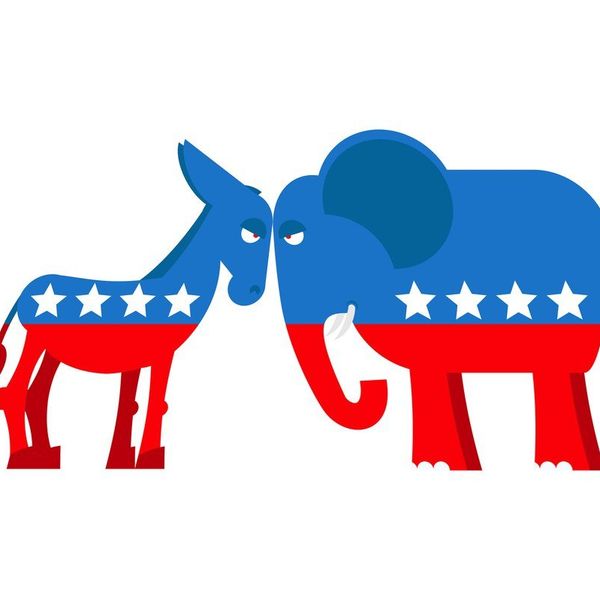For centuries, words like equality, justice and liberty have taken many different forms, definitions and values. Similarly, the definition of what it means to have (or not have) privilege has changed.
Before you answer the question, “Got Privilege?” let’s define privilege and discuss what it means to have it; historically and today.
Merriam-Webster defines Privilege as, "a right or benefit that is given to some people and not to others."
An individual or group with privilege is a group or individual with advantage. Having privilege doesn’t just give us the right or ability to potentiallydo or have something, we have the opportunity to actually do something withthat privilege. Something that supports those who are at a disadvantage.
There are numerous types of privilege (e.g., social, cultural, economic, physical) that afford different benefits. Historically, men have had different privileges than women. Up until the 1920s, men had the opportunity to vote, while women did not. During slavery, from the early 1600s until the late 1800s, white men had the privilege of freedom. Black men, basically none. Fully, able bodied men and women have more privileges than disabled individuals. The citizens of a democratic society have more privilege than those of a communist one, as people who live in a democracy have more say in political decisions. Even in present day society, straight men and women have privileges that men and women who are part of the LGBTQ community do not.
The list of privileges goes on and on. So what? As stated, it’s been this way for centuries. Some have privilege. Others don’t. The question become, what do you do with this privilege?
Merriam-Webster goes on to also define Privilege as: A special opportunity to do something that makes you proud.
The question, with a variety of individual responses, that ultimately matters, is: what do we do with privilege? For example, if we have the privilege to go to school, take advantage of that privilege. Learn and use that knowledge to change our lives, our communities, and the world. If you have the opportunity, the money, and the time to travel the world, use that privilege to explore, learn and share your discoveries. If you aren’t bound to your bed because of an illness or to a wheel chair because you have two functioning legs, use that privilege to take on the world. If you do have a disability or a physical aliment, then find a way to overcome it and show the world what you’re made of.
Finally, having privileges that your neighbor may not, are no less of an opportunity for you. It’s okay (actually it’s expected) that we take advantage of our privileges and opportunities. I’ve often heard, “Work hard, be patient and doors will open.” Yes, if you have privilege, take your opportunities, make them count, and open doors for others!
Got Privilege? Use it! Share it! Change the World!


















